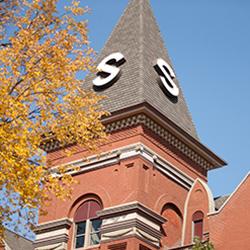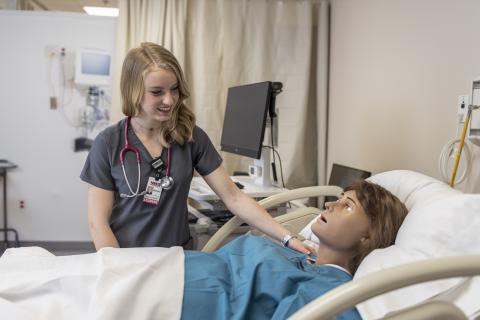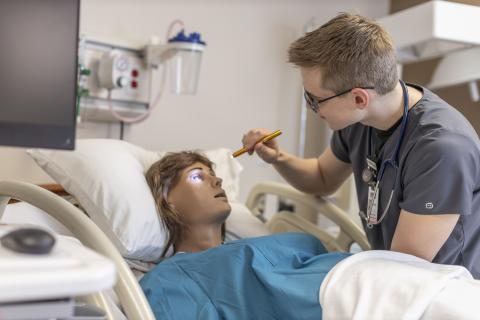NDSCS Alumni Foundation will celebrate Alumni and friends in Rapid City, S.D.

You’re Invited! The North Dakota State College of Science Alumni Foundation announces their 2023 Rapid City, S.D. Meet & Greet, which will be held at the Dahl Arts Center, located at 713 7th St. in Downtown Rapid City on Thursday, September 21 at 5:00 p.m. (MDT).
Come catch up with other alumni, hear about what has been going on at North Dakota State College of Science and in the Alumni Foundation, enjoy a meal and be immersed at the premier western South Dakota arts center for contemporary visual arts, arts education and performing arts. Cost is $20/person for the event. If you are an alum of NDSCS, we’d LOVE to have you join us! Not an alum, but have ties to the college? You’re invited too!
The North Dakota State College of Science Alumni Foundation’s mission is to support and assist those activities that develop and strengthen North Dakota State College of Science. It is our goal to make sure every individual has the opportunity to attend NDSCS to reach his or her potential. The role of the Alumni Foundation is building relationships and discovering what is important to our Alumni and friends. We are the professional fundraising arm of NDSCS that helps our career and technical college yield BIG RESULTS!
The Alumni/Foundation invites you to “Grow with Us”. Whether it be through Homecoming activities, reunions, Meet & Greets, recruiting new students, scholarship donations, endowments for programs, the annual DREAMS Auction (our largest fundraising event) or the Alumni Review, — our goal is to help you stay connected.
We hope you can join us Thursday, September 21 from 5-7 p.m. MDT, at the Dahl Arts Center in Rapid City, S.D.! Pre-registration is appreciated for this event — Go online to NDSCSalumni.com/Events/Meet-Greets or call 701-671-2247 to register.
“Once a Wildcat, Always a Wildcat!”



